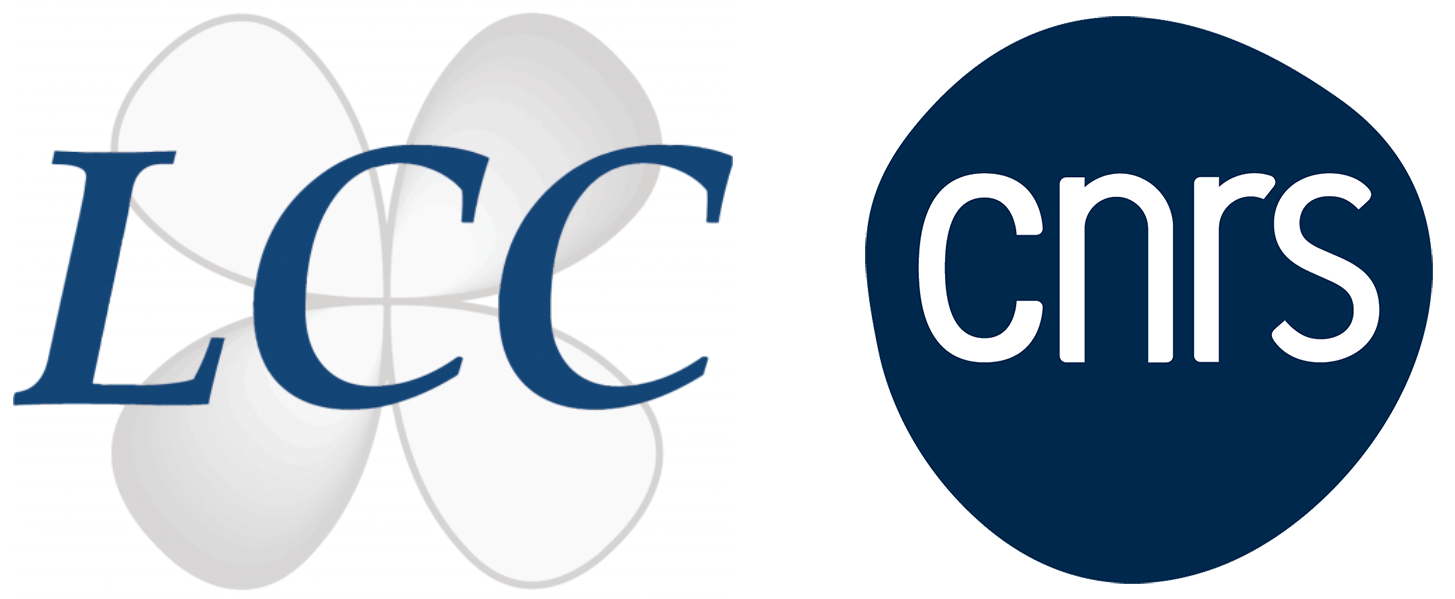
- Cet évènement est passé.
Conférence Dr Marie Lopez

Dr Marie LOPEZ
IBMM, Montpellier
One stone, two birds: targeting epigenetic enzyme with multi-functional agents
Epigenetic mechanisms, including DNA methylation and histone acetylation and methylation, control gene expression without modification of the DNA sequence. It is known that these enzymes are involved in the deregulation of gene expression in pathological contexts, such as neurological and cardiovascular diseases, infectious diseases and cancers. Several epigenetic inhibitors were approved by the FDA for anticancer therapies, which demonstrates the interest of targeting such epigenetic modifications. However, these therapies are only used in third line treatment or in combination due to their important toxicity.
In this context, the general goal of the research in our group aims at identifying new “epi-drug” candidates with improved activity, selectivity and bioavailability. Considering the crosstalk between several epigenetic modification, one aspect of our research focuses on the identification of multifunctional inhibitors. Based on our previous work, where we identified non-nucleoside flavanone DNMT inhibitors that do not need to incorporate in DNA, we designed and synthesised bifunctional epigenetic inhibitors compounds to 1/ simultaneously target interdependent epigenetic enzymes with hybrid DNMT-HMT inhibitors and 2/ use multivalent strategy to increase potency and selectivity of HDAC inhibitors.
These results showed that bifunctional inhibitors against DNMTs and HMT were able achieve low micromolar range activity on purified enzyme and to show impact on cellular viability in HMT inhibitor-resistant multiple myeloma patient-derived cell line XG7. Besides multivalent HDAC inhibitors enable to increase potency and selectivity and show increased efficacy against Plasmodium falciparum parasites.
